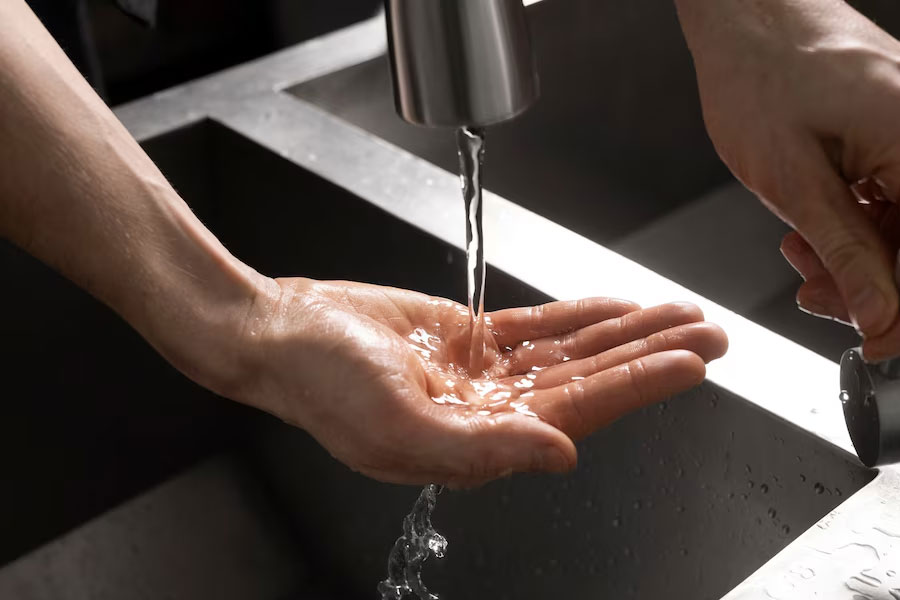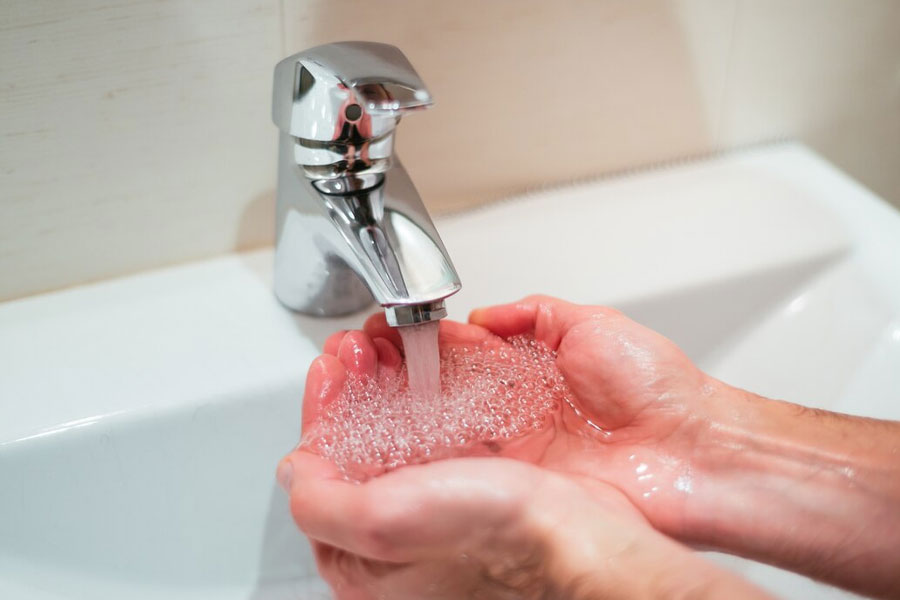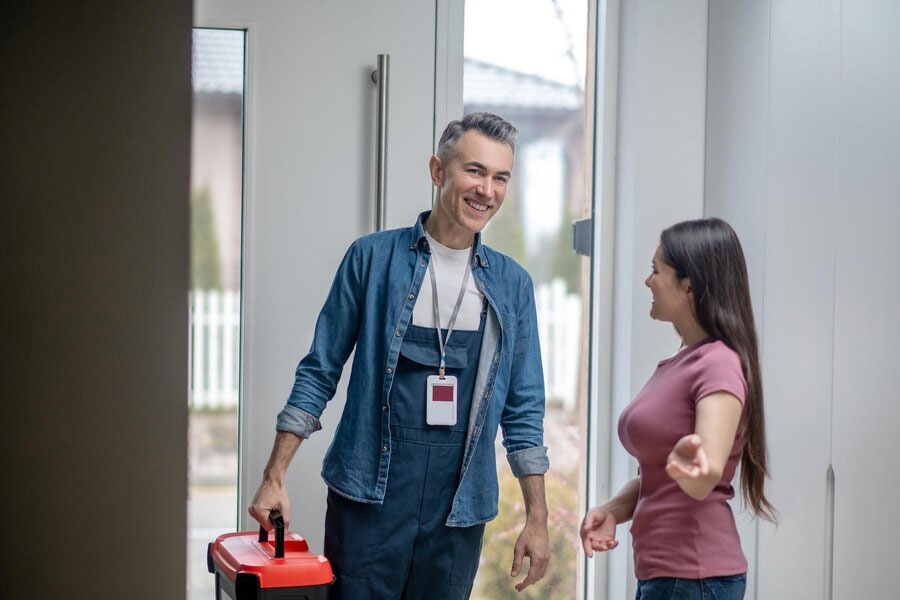Enquire Now
- CALL A PLUMBER
- (925) 478-8073
Enquire Now
 August 29, 2025
August 29, 2025
If you’ve noticed white deposits on your faucets, spotty dishes from the dishwasher, or stiff clothing, you may be dealing with a common issue in Pleasanton: hard water. Local water quality reports show that Pleasanton’s water source has higher-than-average mineral levels and though it’s perfectly safe to drink, it might be silently affecting your home, appliances, and even your locks and complexion.
At Magnificent Plumbing & Rooter in San Ramon, we’ve seen first-hand the havoc that’s caused when hard water isn’t treated. Let’s see what the latest report has to say and how you can protect your home.
Hard water is precisely what they say it is when your water has a high amount of minerals, mainly calcium and magnesium. They naturally precipitate as water flows through limestone, chalk, or gypsum deposits to reach your home.
Although they are not harmful to you, they will make you:
Recent water quality analysis conducted within Pleasanton has also shown that water hardness within the region is far from the “soft” classification. The mean hardness of Pleasanton is 120–300 ppm, which falls under the very hard to moderately challenging classification.
If your water isn’t treated, every gallon carries a load of dissolved minerals right into your pipes, fixtures, and appliances. Weeks and months go by, and those minerals will settle out and form more than just an eyesore problem.
Mineral deposits, or limescale, can slowly shrink your pipes, lower water pressure, and add additional stress to your plumbing system. Eventually, you can expect to face frequent clogs, sluggish drains, or even leaks due to weakened pipes.
Water heaters, washing machines, coffee makers, and dishwashers all get damaged due to hard water. Limescale deposits on hot surfaces cause appliances to work harder, use more energy, and wear out more quickly.
With your water heater laboring to heat through mineral deposits, your energy bills can creep up on you. Research indicates that only 1/16 of an inch of limescale can cut heating efficiency by as much as 12%.
Hard water makes it hard to lather soap and wash off, leaving a sticky residue. That means more scrubbing in your kitchen sink and bathroom — and still having to deal with water spots on glass and metal.
The same minerals dry out natural oils in your skin and hair, leaving them dry, itchy, or dull. Individuals with sensitive skin or eczema can have their condition aggravated by hard water.

Among the typical symptoms are:
If the water is already known to be hard, then Magnificent Plumbing & Rooter can merely perform a water hardness test to confirm.
The most effective way of softening hard water is to utilize a water softener. This equipment utilizes ion exchange to exchange calcium and magnesium ions with sodium or potassium ions, preventing limescale and giving softer, cleaner water.
If the whole softener system is beyond your means, scale inhibitors can be utilized to reduce deposits in your plumbing and appliances.
Even with a softener, it is wise to have plumbing inspected regularly. This will catch any early signs of buildup before expensive repairs.
The longer you wait, the worse the damage will be — and the higher the cost of repairs or replacement. Moving right away can:
Extend the lifespan of your appliances.

Here at Magnificent Plumbing & Rooter in San Ramon, we’ve assisted Pleasanton residents with challenging water problems for decades. Our certified experts can:
Hard water is common in Pleasanton, but it doesn’t have to be a perpetual problem in your home.
Don’t get caught off guard by hard water and ruin your pipes, appliances, and comfort. Let the experts at Magnificent Plumbing & Rooter help you achieve cleaner, softer water and a more efficient home. Call us now at (925) 478-8073 to schedule your water test and consultation.